Hydraulic Wrenches Usage Training
Master Industrial Bolting with TorqLite’s Certified Training Programs
Improve safety. Maximize precision. Minimize downtime. Whether you're new to bolting tools or need to train an entire crew, TorqLite’s Hydraulic Wrenches Usage Training delivers expert instruction, hands-on sessions, and certification tailored for real-world applications.
Why Choose TorqLite’s Trainings?
- Over 40 Years of Expertise in Industrial Bolting
- Certified Trainers & Real Tools – Same equipment used in the field
- On-Site or Virtual: Flexible options for teams nationwide
- Compliant with OSHA & ISO safety standards
- Includes Full Coverage of TorqLite Tools, Hydraulic Wrenches & Bolting Systems
Who Should Attend?
TorqLite’s bolting tool trainings are ideal for:
- Maintenance and repair technicians
- Plant and field operators
- Safety managers
- Wind, oil & gas, mining, and infrastructure teams
- Distributors or sales engineers working with hydraulic tools
What You’ll Learn
Our Hydraulic Wrench Usage Training covers:
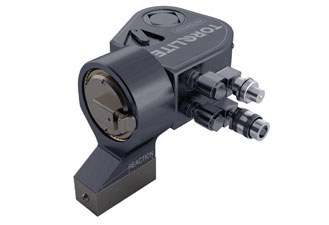
Fundamentals of Hydraulic Torque Tools
- Types of hydraulic wrenches (square drive, low-clearance)
- Torque theory & bolting basics
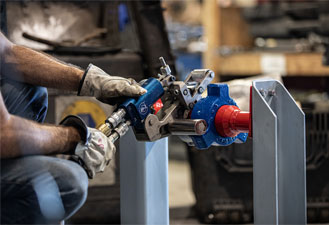
Tool Setup & Operation
- Safe assembly and use
- Calibration and pressure settings
- Hose management & pump usage
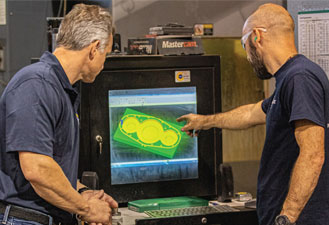
Troubleshooting & Maintenance
- Common field issues and solutions
- Preventative maintenance best practices
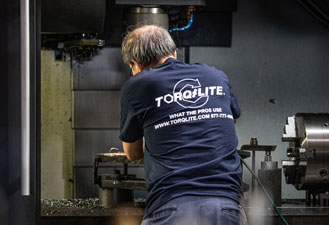
Application Training
- Flange bolting
- Riser system tightening
- Critical path joint integrity
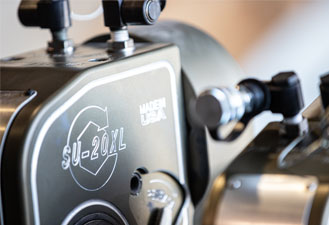
Tool-Specific Training
- TorqLite RT, SU‑XL, IU‑XL series
- Robo‑Spider™ automation system
- Pneumatic and battery-powered alternatives
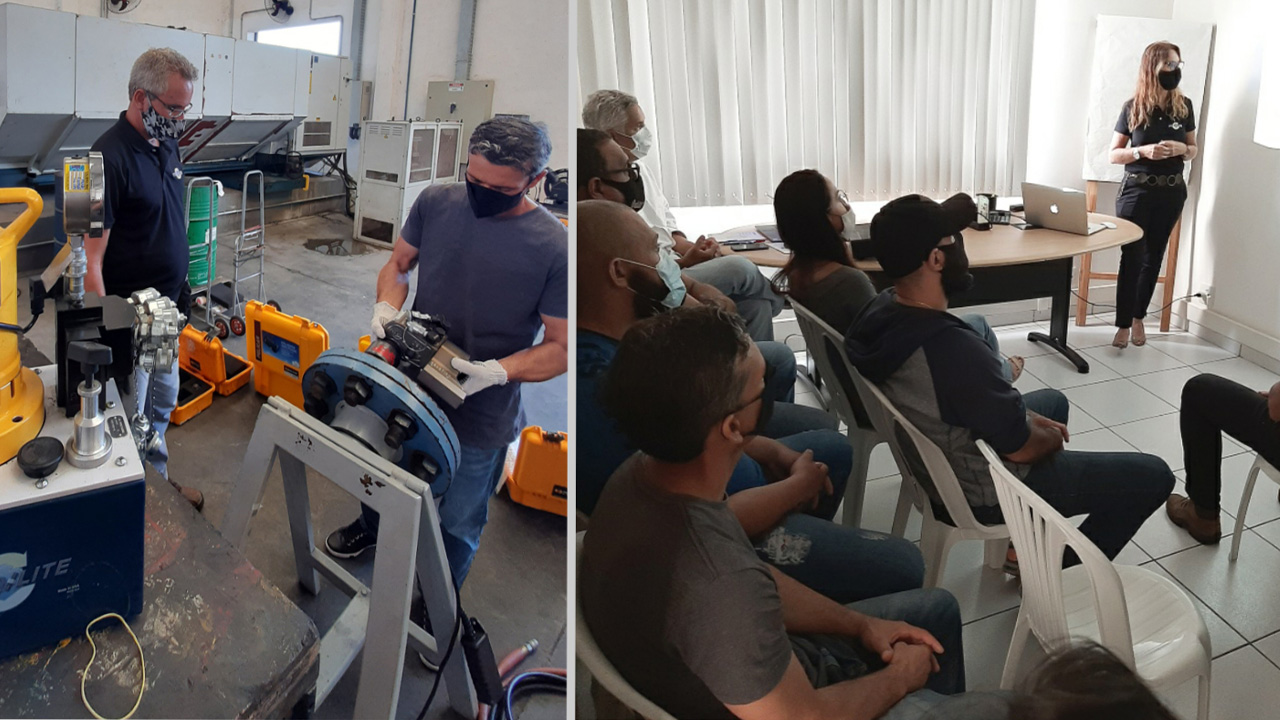
Hands-On Sessions Include:
- Real-time simulations with TorqLite tools
- Step-by-step tool breakdown & rebuild
- Interactive pressure-torque calibration
- Safety risk assessments and checklists
Certification & Takeaways
Upon successful completion, trainees receive:
- TorqLite Bolting Tool Operator Certification
- Official training manual + field reference guide
- Digital certificate and verification access
- Option to join our Advanced Tech Training Series
Training Formats
- On-Site Group Training (Anywhere in the U.S.)
- Houston Training Facility – In-depth workshops
- Virtual Live Training – Ideal for remote teams
- Bilingual Instruction Available (English, Portuguese, Spanish)
Ready to Train Your Team?
Contact us today to schedule your custom training package.
- Houston, TX
- 713-983-7171
- trainings@torqlite.com























